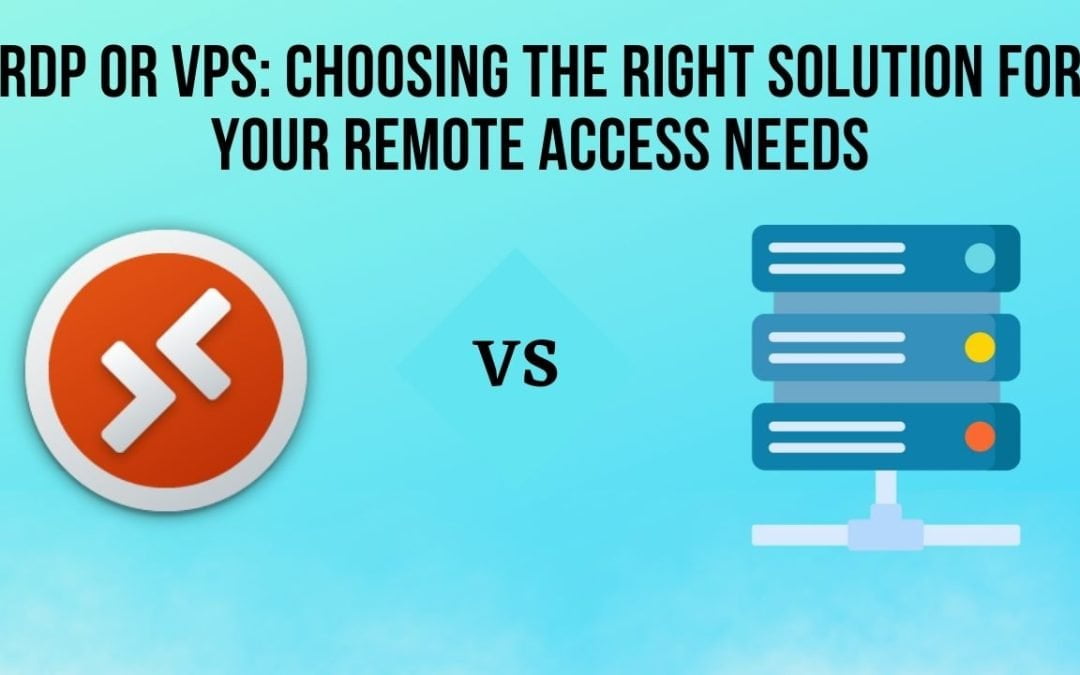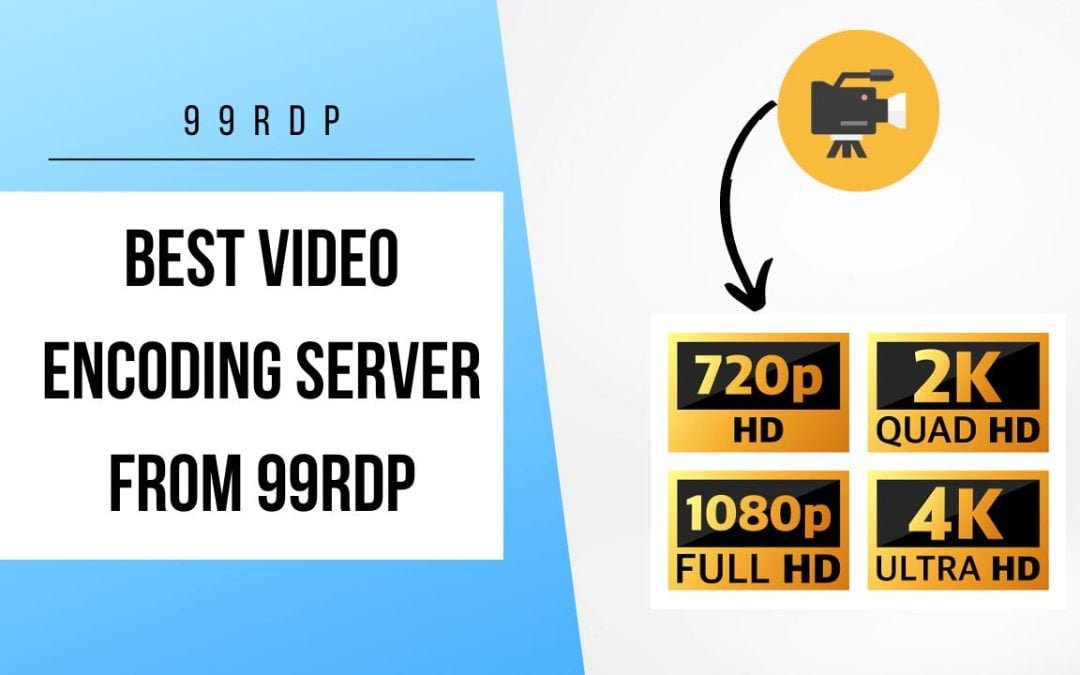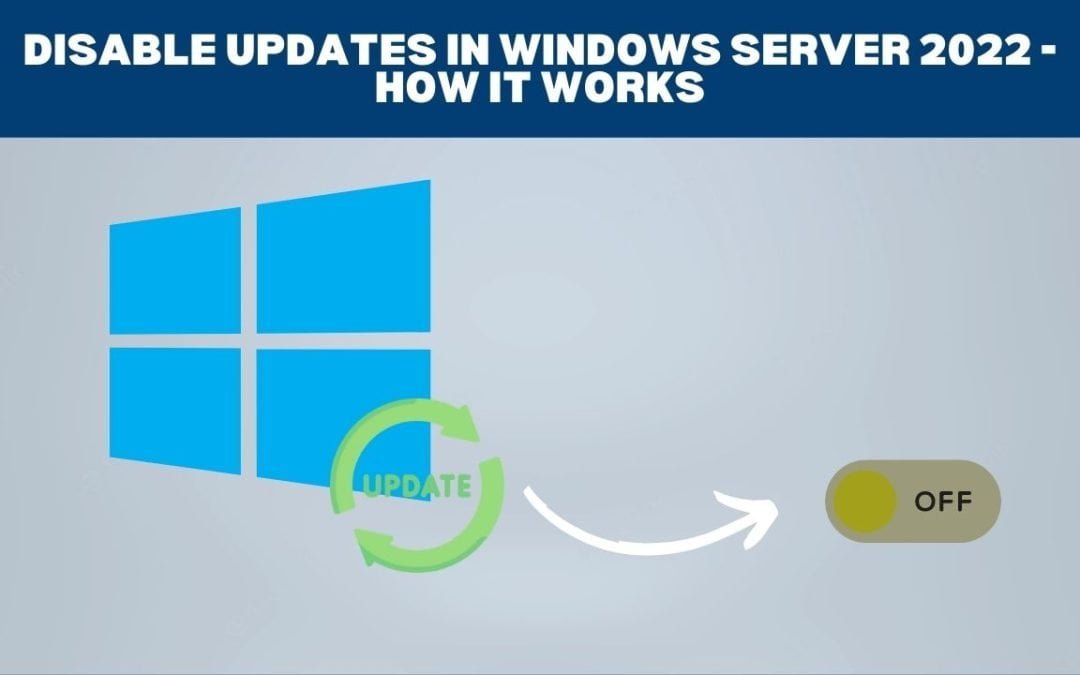
In the realm of computer storage, two types of drives dominate the market: Solid State Drives (SSDs) and Hard Disk Drives (HDDs). Each type has its own set of advantages and disadvantages, making them suitable for different purposes and user needs. To determine which one you need, it’s essential to understand the key differences between SSDs and HDDs, and how these differences translate into everyday use.
What is an HDD?
Hard Disk Drives (HDDs) have been around since the 1950s and have become a staple in computer storage. They consist of spinning disks, or platters, coated with a magnetic material. Data is written to and read from the platters by a read/write head that moves across the disk surface. The faster the platters spin, the quicker data can be accessed.
Advantages of HDDs:
- Cost-Effective: HDDs are significantly cheaper than SSDs on a per-gigabyte basis. This makes them an economical choice for storing large amounts of data.
- High Storage Capacity: HDDs are available in larger capacities compared to SSDs. Drives with capacities of several terabytes are common and affordable.
- Proven Technology: HDDs have been around for decades, making them a reliable and well-understood technology.
Disadvantages of HDDs:
- Slower Speeds: HDDs are slower in terms of data read/write speeds compared to SSDs. This can lead to longer boot times and slower file transfers.
- Mechanical Parts: The presence of moving parts makes HDDs more prone to mechanical failure and damage from physical shock.
- Noise and Heat: The spinning platters and moving read/write heads generate noise and heat, which can be an issue in quiet or temperature-sensitive environments.
What is an SSD?
Solid State Drives (SSDs) are a newer technology that use NAND-based flash memory to store data. Unlike HDDs, SSDs have no moving parts, which gives them several advantages over traditional hard drives.
Advantages of SSDs:
- Speed: SSDs are significantly faster than HDDs. They offer rapid data access times, faster boot times, and quick file transfers. This is particularly beneficial for tasks such as gaming, video editing, and running complex software applications.
- Durability: With no moving parts, SSDs are more resistant to physical shock, drops, and temperature variations, making them more durable and reliable in the long run.
- Energy Efficiency: SSDs consume less power than HDDs, which can lead to longer battery life in laptops and lower energy costs for desktop systems.
Disadvantages of SSDs:
- Cost: SSDs are more expensive per gigabyte than HDDs. This can be a significant factor if you need a large amount of storage space.
- Limited Write Cycles: SSDs have a finite number of write cycles, though this is usually not a concern for average users due to the drive’s long lifespan.
Which One Do You Need?
Choosing between an SSD and an HDD depends on your specific needs and usage scenarios.
Consider an SSD if:
- Performance is a Priority: If you require fast load times, quick file transfers, and smooth performance, an SSD is the way to go. This is particularly important for gamers, video editors, and professionals using demanding software.
- Durability and Portability Matter: For laptops and portable devices, where drops and physical shocks are more likely, the durability of an SSD is advantageous.
- Energy Efficiency is Important: In battery-powered devices like laptops, the energy efficiency of an SSD can contribute to longer battery life.
Consider an HDD if:
- Budget is a Concern: If you need a large amount of storage at a low cost, HDDs provide more gigabytes per dollar.
- High Storage Capacity is Needed: For storing vast amounts of data such as videos, photos, and backups, the higher capacities available with HDDs can be beneficial.
- Usage is Less Demanding: For tasks such as web browsing, word processing, and general office applications, the speed advantage of an SSD may not justify the extra cost.
Conclusion
In summary, both SSDs and HDDs have their place in the world of computer storage. SSDs excel in speed, durability, and energy efficiency, making them ideal for high-performance and portable applications. On the other hand, HDDs offer a cost-effective solution for high-capacity storage needs. Assess your priorities, budget, and usage patterns to determine which type of drive best suits your needs. In many cases, a hybrid approach—using an SSD for the operating system and critical applications, paired with an HDD for bulk storage—can provide the best of both worlds.
SSD vs HDD: Which One Do You Need? (F.A.Q)
What is the main difference between SSDs and HDDs?
The main difference lies in their technology: SSDs use flash memory to store data, which results in faster speeds and greater durability. HDDs use spinning magnetic disks, which are slower but offer more storage space at a lower cost.
Which is better for gaming, an SSD or an HDD?
An SSD is generally better for gaming because it offers faster load times and improved performance, leading to smoother gameplay and quicker boot-ups.
Are SSDs more reliable than HDDs?
Yes, SSDs are generally more reliable because they have no moving parts, which makes them less susceptible to mechanical failures and physical damage compared to HDDs.



